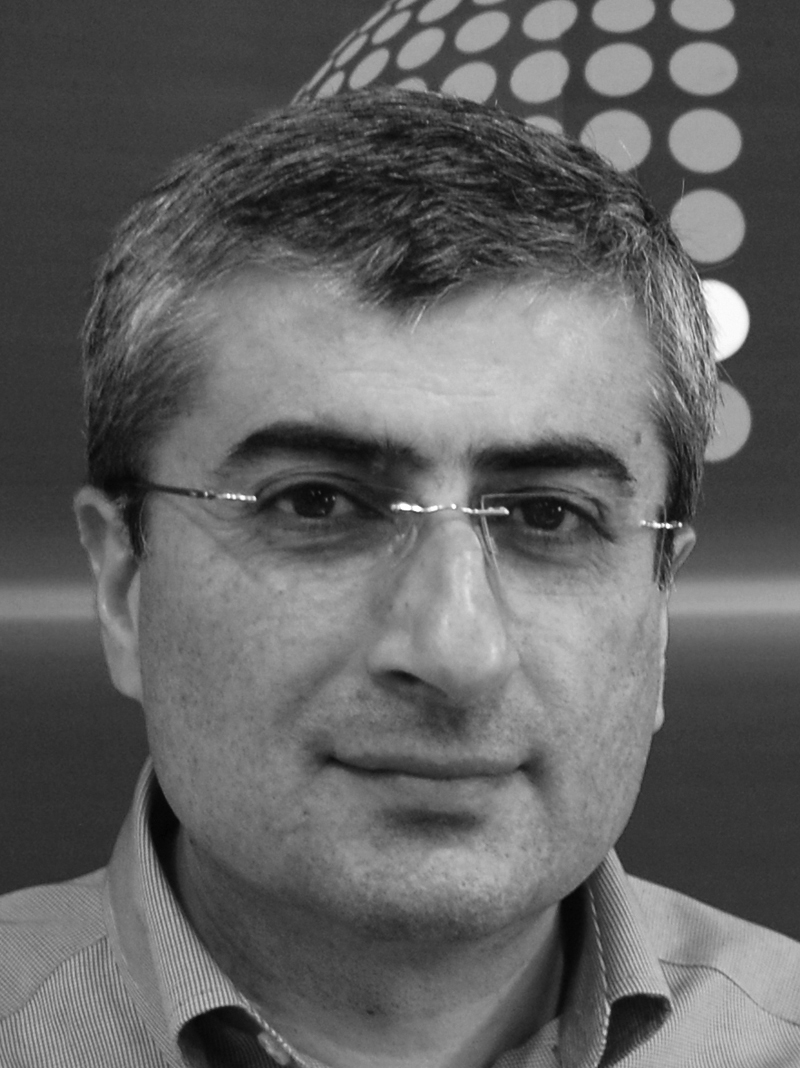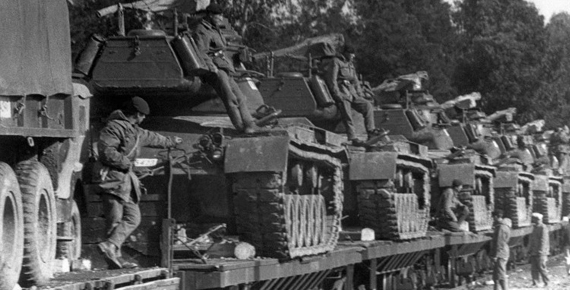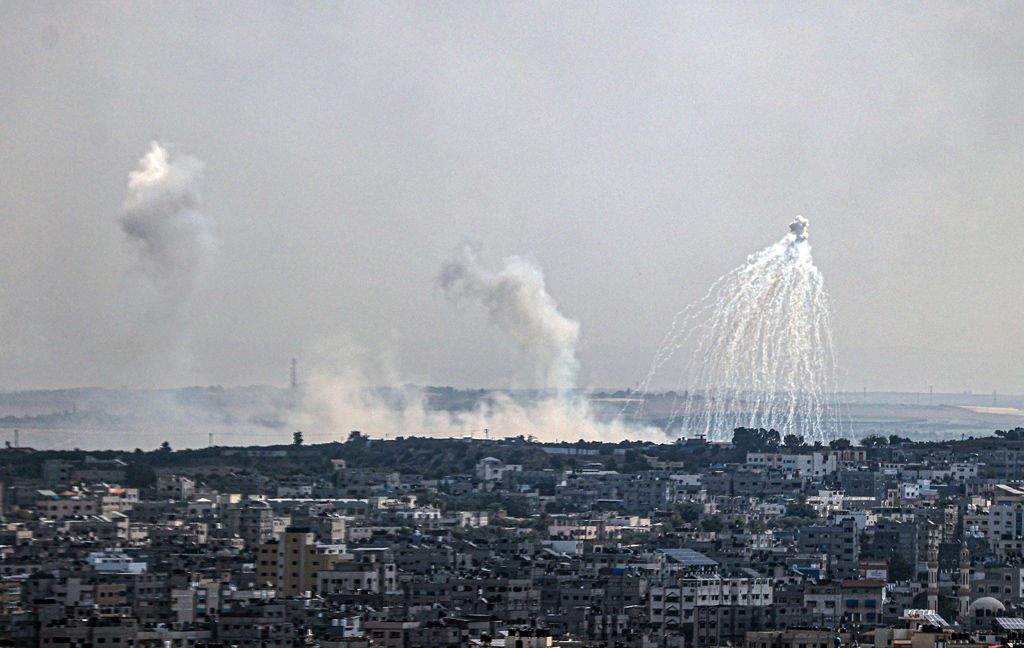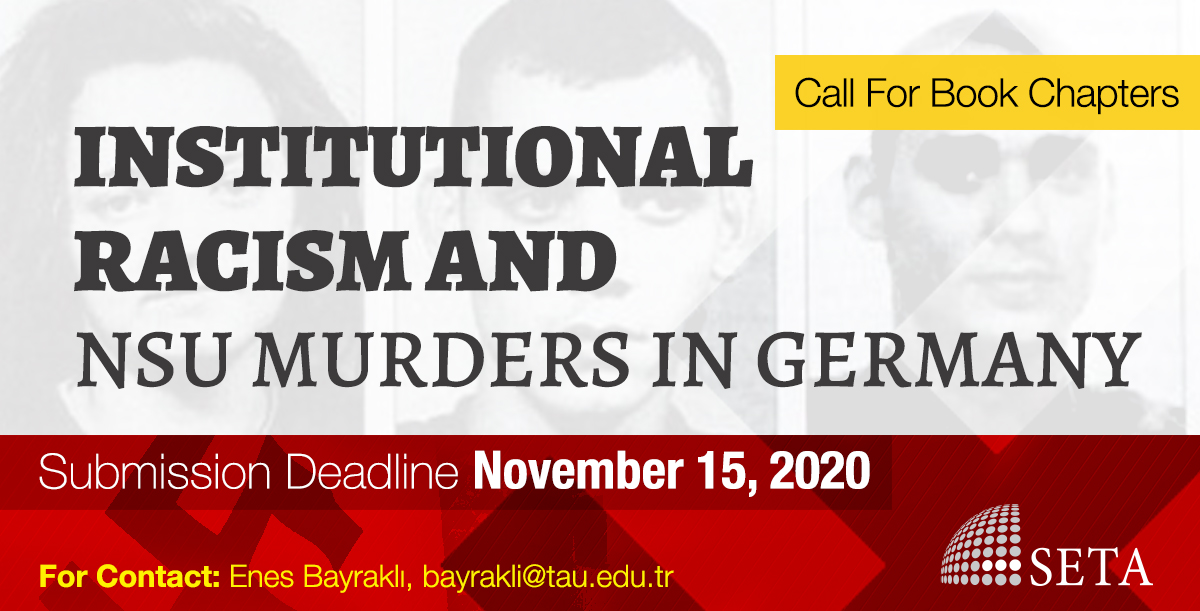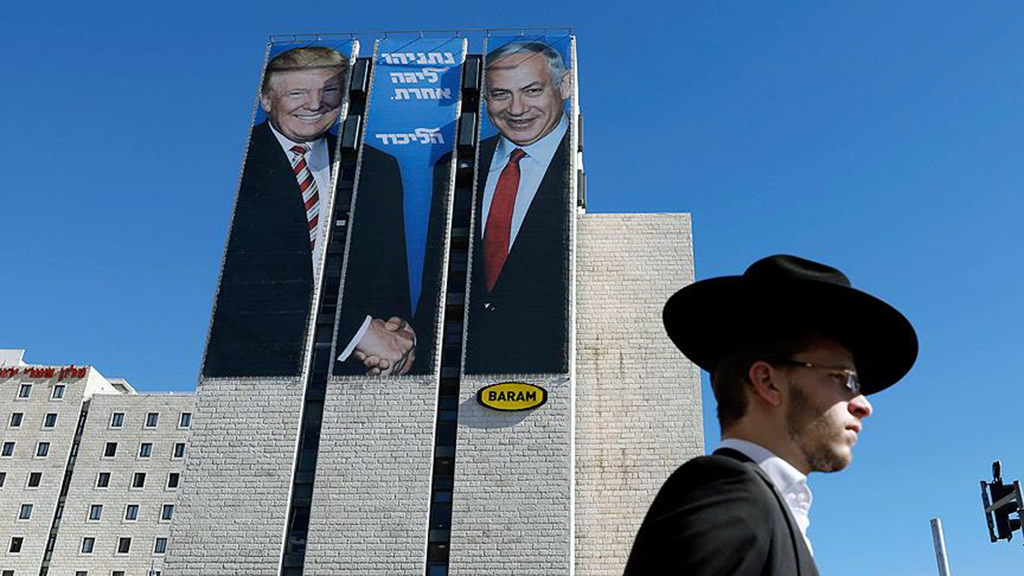The Feb. 28 process, as every coup, deeply affected rights and freedoms of the entire society, targeted groups being at top. The National Security Council (MGK), leading actor of the coup attempt, was brought into our lives through the 1961 Constitution and its authority and jurisprudence were expended in the 1982 Constitution. However, such use of power, which was not reflected to the public opinion and discussed very often by the time of the Refah-Yol government came to appearance with the establishment of the Prime Ministry Crisis Administration Center in Jan. 1997 and with a related regulation. Prime Minister of the time handed over his many authorities to the MGK Secretary General. Meaning of the crisis was elaborated and decision to announce crises was simply left to the military. On the day of Feb. 28, 1997, an 18-article array of decisions were reached at the MGK meeting and forced onto the country. As the result of increasing pressure, the Necmettin Erbakan government resigned on June 30, 1997.
JUNTA CLAIMS, BÇG AND BTK
Producers of the Feb. 28 coup process reconstructing the political structure, announced separatism and reactionaries as the most important two internal enemies of Turkey, with a reference to the new National Military and Strategic Concept (MASK) prepared in 1997. Shortly after, it was claimed that a junta inside the military crafted the Feb. 28 coup attempt and formed the West Working Group (BÇG) for the planning, control and implementation of the Feb. 28 decisions. As discussions heated, the Prime Ministry Follow-up Council (BTK) was formed in the late 1997 and the task was assigned to the BTK. Headquarters of all atrocity, primarily psychological wars, keeping records on religious people and embargos of companies owned by religious businessmen, during the Feb.28 period were BÇG and BTK.
VIOLATIONS BY THE FEB. 28
The Feb.28 post-modern coup caused intense, afflicting violations of human rights in all aspects. Though numbers of headings are plenty, let’s just give a few examples here: Many foundations and associations faced pressure, starting with Vahdet Friendship and Education Foundation in Ankara. Administrators of the foundations were kept behind bars for months. Branches of many others, such as the National Youth, Zehra, Hak Yol, Akabe and the Islamic Solidarity Foundation, as well as 21 more foundations were closed down. Seven foundations properties were confiscated. These foundations are still closed and their properties have not been returned.
Regarding the headscarf ban in universities in 1998 and 1999, arbitrary detentions, raids in dormitories, masjids and courses etc. there are about 30,000 violation of religious freedom reports for each. And the figure does not reflect all.
Attempts were made to close down Religious High Schools with the 8-year Compulsory Education Law and the coefficient practice. Attending Quranic Courses was limited, theologians were ripped of their right to teach and those who have diplomas abroad were removed from office as their diplomas were counted invalid.
The Labour Party (EMEP), The Democratic People’s Party (DKP), The Welfare Party (RP) and the Virtue Party (FP) were closed down in this period. Numbers of inquiries and court cases against intellectuals, journalists and politicians reached to thousands. Journalists like Cengiz Çandar and Mehmet Ali Birand were laid off by “andıç,” memoranda that contained false claims about journalists and human rights activists who were opposed to military intervention in politics, the putschists prepared. Turkish politician Akın Birdal was the subject of an armed attack. He was saved critically wounded. Several newspapers, such as Gündem, Emek and Selam, in addition to a news magazine, Week In View (Haftaya Bakış) – all against the Feb. 28 process - were forced to remain ineffective through bans, censorship, investigations and court cases in that period.
